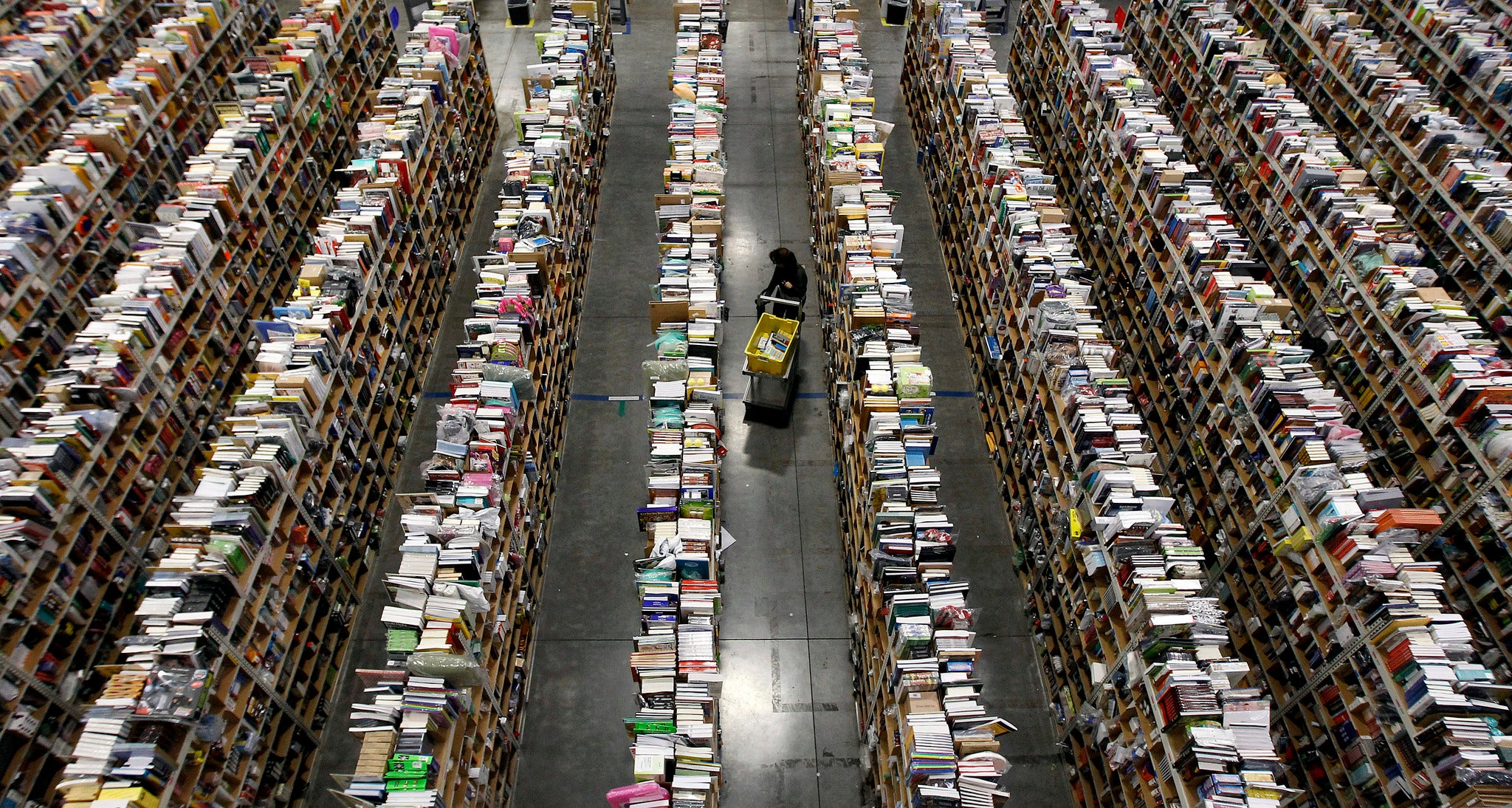Amazon plans to ship customers' packages before they even order them
A patent filed by the e-commerce giant last December reveals the plan for 'anticipatory shipping' - using big data to predict what customers will buy

Late last year Amazon created headlines the world over by announcing plans to deliver by drone. Now, this looks like child’s play compared to its new ambition: sending you your packages before you even buy them.
The retailer giant calls this “anticipatory shipping” and in a patent granted last December outlined how the method could further slim down its already impressively-small gap between receiving an order and delivering it to a customer’s house.
By analysing a wealth of user data including wish-lists, shopping cart contents, previous orders and even how long a mouse cursor pauses over an item, Amazon is confident it could figure out what you’re going to buy before you do.
Items that had been successfully identified would then begin to star down Amazon’s shipping process and may even be “speculatively shipped to a physical address”. The patent also details how partial addresses might be used to get an item closer to a customer, with the exact location provided later in transit.
The patent – first spotted by The Wall Street Journal – acknowledges that “anticipatory shipping” might have a number of teething problems. Not least of all would be shipping a customer something that they decide not to order.
In these scenarios Amazon has said that they might consider giving customers discounts or the items, or even simply giving it to them for nothing. “Delivering the package to the given customer as a promotional gift may be used to build goodwill,” the patent reads.
Although the scheme sounds slightly far-fetched, it chimes with a growing trend amongst technology companies to leverage vast sets of user-data in predicting future action.
Google’s autocomplete feature on its search bar is one of the more well-known examples, but as companies take in more and more data from customers, these predictions will become increasingly accurate. Oddly enough, you’re more likely to get shipped a package you haven’t ordered yet than you are to have that same package delivered by drone.
Subscribe to Independent Premium to bookmark this article
Want to bookmark your favourite articles and stories to read or reference later? Start your Independent Premium subscription today.

Join our commenting forum
Join thought-provoking conversations, follow other Independent readers and see their replies